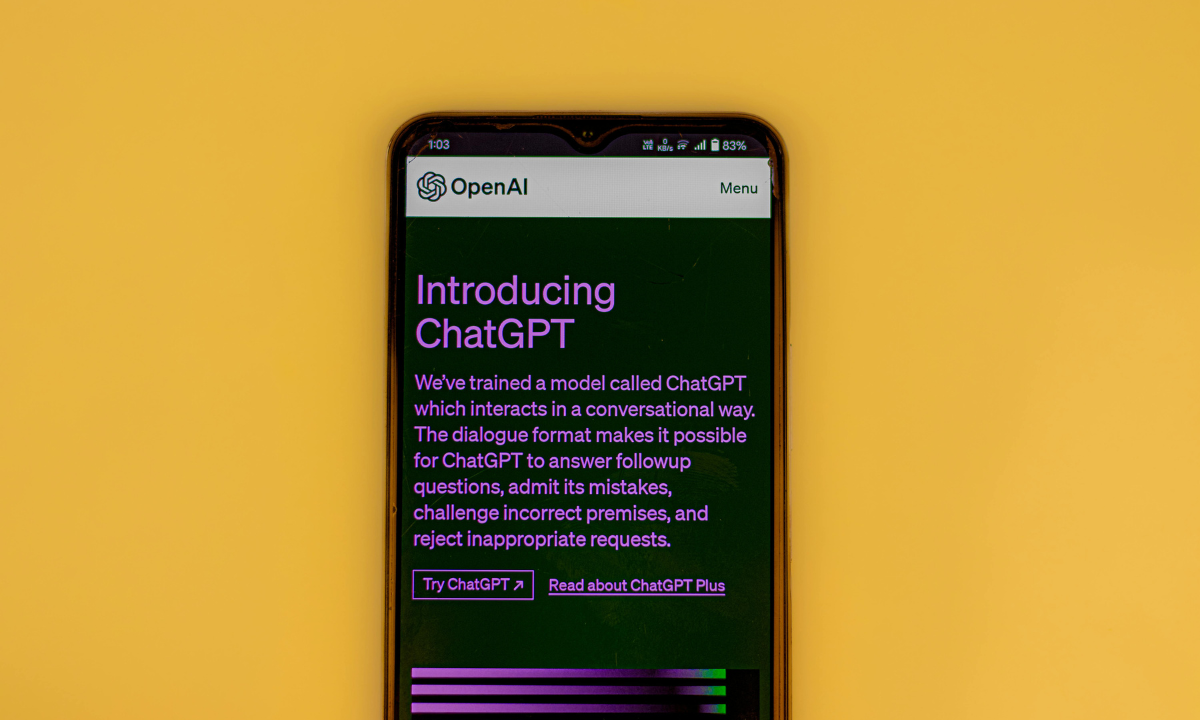Artificial Intelligence (AI) is no longer a future concept it is shaping our present. From voice assistants to business automation, AI is everywhere. In July 2025, Pakistan, like many other countries, witnessed important shifts in AI regulation. These AI regulation updates July 2025 aim to ensure that technology serves the people responsibly and ethically.
In this article, we’ll cover the latest AI updates, their impact on Pakistani industries, and what the latest news in AI means for students, startups, and policymakers.
What’s New: Overview of AI Regulation Updates in July 2025
Pakistan’s Ministry of IT & Telecom introduced a revised AI Governance Framework in early July 2025. This framework addresses:
-
Ethical use of AI
-
Data protection and privacy
-
Bias prevention in algorithms
-
AI transparency and accountability
Key Highlights:
-
Mandatory AI audits for companies using AI in healthcare, education, and finance.
-
Launch of “Safe AI Pakistan” initiative for public awareness.
-
Introduction of an AI Regulatory Sandbox for startups to test new solutions.
This update is aligned with global AI regulatory trends in the EU, UAE, and Southeast Asia.
Why AI Regulation Matters in Pakistan
With over 130 million internet users and a rising tech startup scene, AI is growing fast in Pakistan. However, without regulation, issues like algorithmic bias and data misuse can arise.
Real-world examples:
-
Banking Sector: AI-based credit scoring without regulation can deny loans unfairly.
-
Healthcare: Unchecked AI diagnoses can lead to wrong treatments.
-
Education: Biased AI models may impact scholarship selections or grading.
By regulating AI, the government ensures fairness, privacy, and innovation.
Key Features of the AI Policy Update 2025
The AI regulation updates July 2025 include:
1. Mandatory AI Registration
All AI-powered platforms and applications operating in Pakistan must now register with the Pakistan Software Export Board (PSEB).
2. Algorithmic Accountability
AI developers are required to:
-
Submit transparency reports
-
Open-source sensitive algorithm components if used in public services
-
Declare training data origins
3. Data Protection Alignment
These updates are in sync with Pakistan’s Personal Data Protection Bill (PDPB). Any AI system handling personal data must:
-
Get user consent
-
Encrypt sensitive information
-
Allow users to request data deletion
Impact on Tech Startups and Freelancers
The latest AI updates bring both challenges and opportunities for Pakistan’s growing freelance and startup communities.
Challenges:
-
Cost of compliance (especially for small teams)
-
Legal complexity in reporting
Opportunities:
-
New AI compliance services (a rising niche)
-
Sandbox environments for innovation without penalties
-
Increased trust = more users = more growth
Example: A Lahore-based edtech startup using AI to assess student performance can now build public trust by showing compliance with AI ethics standards.
Latest AI Technology News Affecting Pakistan
Here are the latest AI technology news headlines that influence the local market:
-
NADRA adopts AI facial recognition: Now regulated under the July policy.
-
Careem introduces AI driver scoring: Must comply with fairness rules.
-
PTCL testing AI chatbots for customer service: Requires bias testing under new guidelines.
Global Trends to Watch
-
EU AI Act passed likely to influence Pakistan’s export software sector.
-
OpenAI’s GPT-5 launched being evaluated by local universities.
-
China’s AI trade restrictions affecting hardware imports in Pakistan.
How Universities and Students Are Affected
Pakistan’s universities are key to AI development. The new regulation introduces:
-
AI curriculum reform: Must include ethics and policy modules
-
Compliance-driven research funding: HEC to allocate funds for regulation-compliant projects
-
Internship opportunities in Safe AI initiatives
Tip for students: Learn not just AI tools but also the laws and ethics behind them. It’s a career advantage!
Public Opinion and Digital Literacy in Pakistan
The regulation was met with mixed reactions:
-
59% of professionals (survey by P@SHA, July 2025) support the move
-
40% of freelancers are concerned about overregulation
-
Digital literacy remains a hurdle: Only 1 in 4 AI users fully understand how their data is used
Government Response:
-
National AI Helpline (dial 1771) for AI misuse complaints
-
Free webinars by Ignite and MoITT for public awareness
Role of Media and Journalism in Covering AI Updates
Media houses like ProPakistani, TechJuice, and DAWN Technology are now actively publishing simplified explainers and news alerts about AI updates.
Tips for staying updated:
-
Subscribe to local tech newsletters
-
Follow MoITT’s official X (Twitter) account
-
Join Facebook groups like “AI Pakistan Community”
What’s Next for AI in Pakistan?
Looking ahead:
-
AI in agriculture: New projects aim to use AI to predict crop yields (Punjab pilot in August 2025)
-
AI in law enforcement: Controversial, still under debate
-
Pakistan AI Summit 2025: Scheduled for September in Islamabad
These developments indicate that AI in Pakistan is here to stay—but must be guided carefully.
Conclusion: Adapting to the Future of AI Responsibly
The AI regulation updates July 2025 mark a turning point in how Pakistan manages technology. From freelancers and startups to government bodies and students, everyone has a role in shaping the future of AI.
Final Takeaways:
-
Learn the basics of AI regulation
-
Build and use AI tools responsibly
-
Support ethical tech development in Pakistan
Stay updated, stay compliant, and stay ahead.
Want more updates like this? Subscribe to your favorite Pakistani tech news portal or follow Kashmir english.



